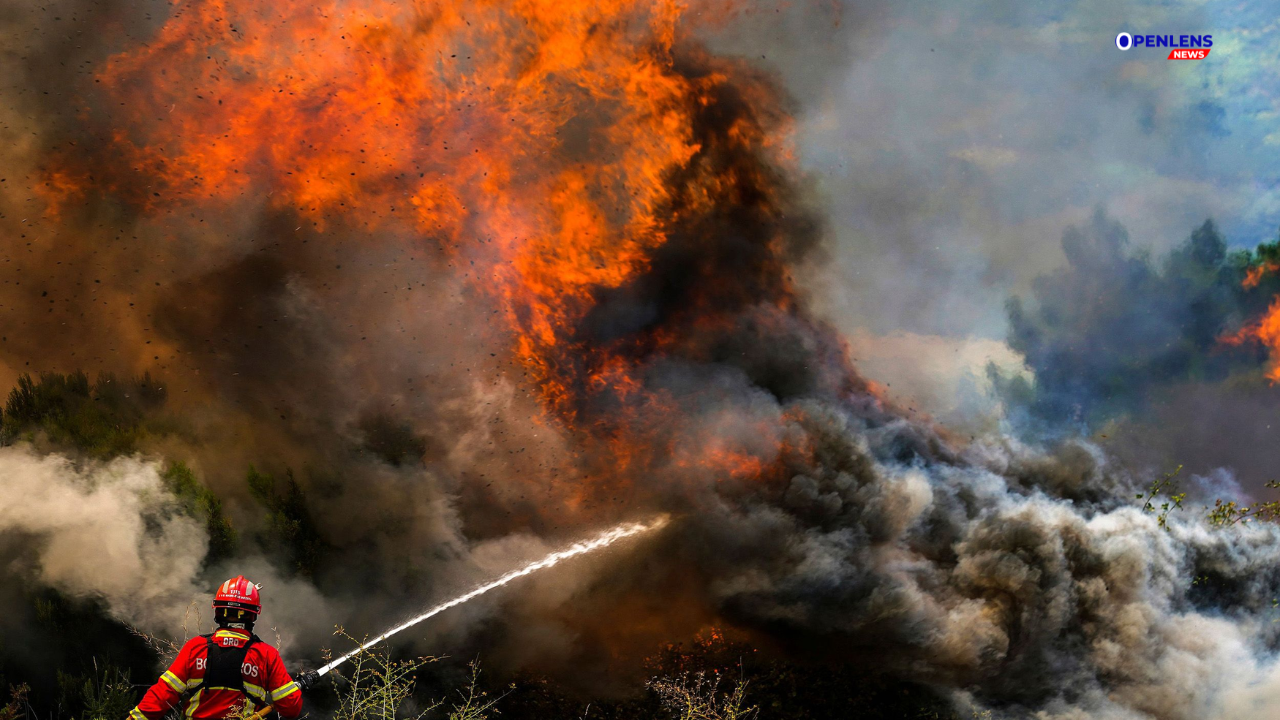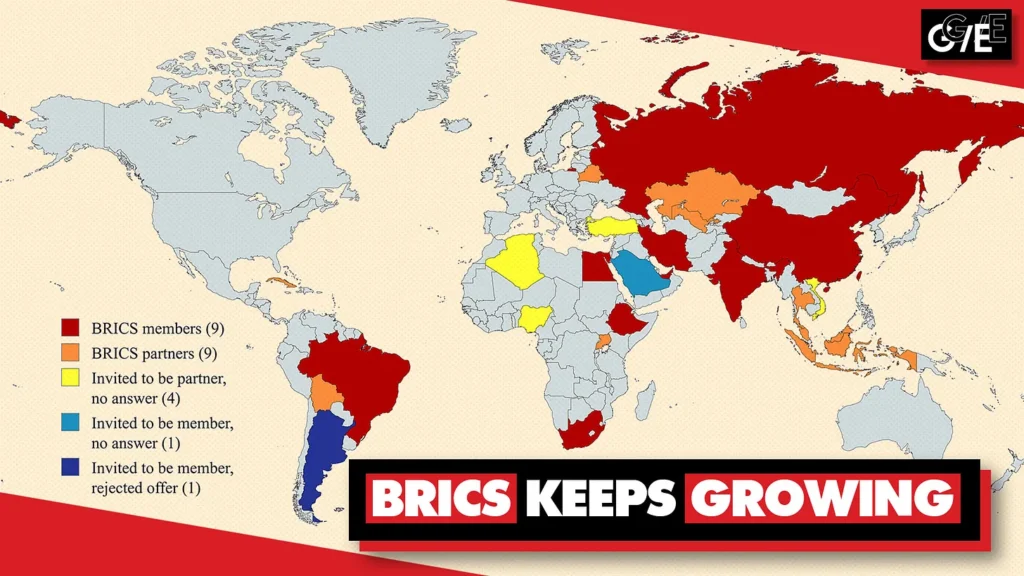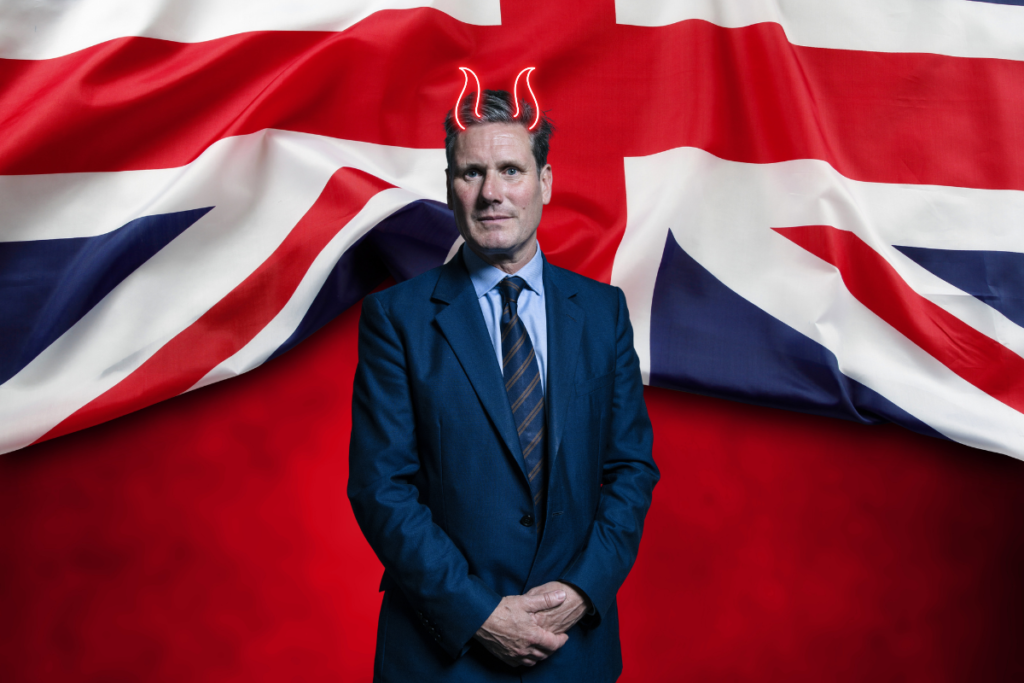Fire chiefs across England are warning the public to take extreme care as soaring temperatures and dry conditions have dramatically increased the risk of wildfires. Authorities say more than 560 wildfires have already broken out across the country since the beginning of 2025, a staggering 717% increase compared to the same period last year. The majority of these fires have been linked to human activity, prompting urgent calls for caution, particularly around barbecues and other potential ignition sources.
As England bakes under a prolonged spell of hot, dry weather, amber heat-health alerts have been issued for every region of the country. These warnings are in place from midday Thursday through to Monday morning, with daytime temperatures expected to climb as high as 32°C, and possibly even 33 or 34°C over the weekend. Health experts warn that the heat could pose serious health risks, especially to older adults, young children, and people with existing health conditions. The NHS and the UK Health Security Agency have urged people to stay hydrated, avoid strenuous activity during peak hours, and check in on vulnerable neighbours or family members.
Local fire brigades and the National Fire Chiefs Council (NFCC) are pleading with the public to refrain from using disposable or open-flame barbecues in parks, woodlands, and grassy areas. These seemingly harmless gatherings can easily turn dangerous under current conditions, where the dry grass acts as perfect tinder. People are also being reminded to dispose of cigarettes, matches, and glass bottles safely, as even sunlight through glass can spark a blaze.
Adding to the urgency, many parts of northern England, including Yorkshire and the Northwest, are currently in drought, following the driest February to April on record. This has left vegetation exceptionally dry and vulnerable to fire. Experts have also highlighted climate change as a significant contributor to the increasing frequency and intensity of heat waves. Without human-caused climate change, scientists say the current level of extreme heat would have been a hundred times less likely.
With the heatwave expected to last several more days, officials are urging everyone to take personal responsibility and help prevent unnecessary fires. A few simple actions, like skipping the barbecue, safely disposing of litter, and staying informed about local fire warnings, can go a long way in protecting both people and nature.



